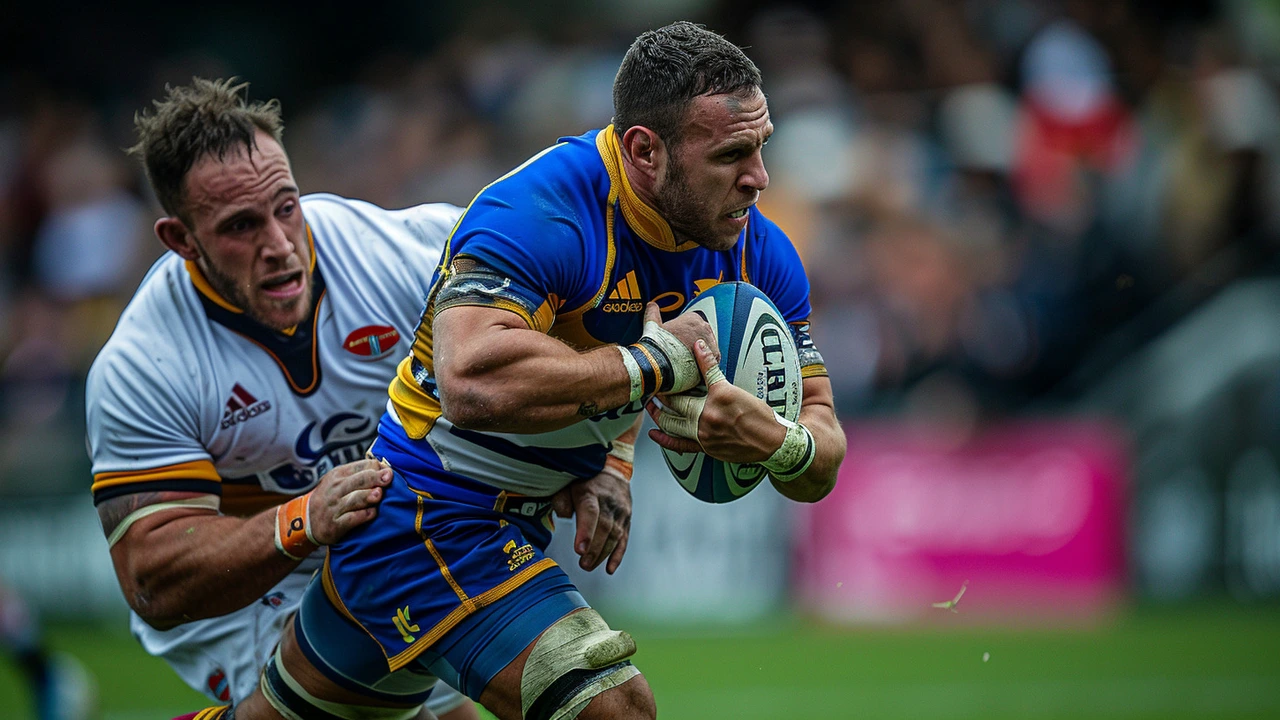Motor Neurone Disease: What You Need to Know
Motor Neurone Disease (MND) is a serious condition that affects the nerves controlling your muscles. It hits the nerve cells, called motor neurons, which help you move, speak, swallow, and even breathe. When these neurons stop working properly, the muscles get weak and waste away.
This disease usually starts subtly. You might notice weakness or twitching in your hands or feet, or some trouble with speech or swallowing. The problem is that symptoms can vary a lot from person to person. Because of this, it’s often confused with other conditions before the right diagnosis is made.
Symptoms and What to Watch For
Common signs include muscle cramps, weakness, twitching, and stiffness. You may also experience problems with coordination. These symptoms get worse over time as the motor neurons degenerate. Unfortunately, MND doesn’t usually affect your senses or the part of the brain responsible for thinking.
Early detection is important because it helps manage the symptoms better. If you or someone you know starts having unexplained muscle weakness or trouble speaking or swallowing, see a doctor promptly.
Causes, Progression, and Current Approaches
We still don’t fully understand why Motor Neurone Disease happens. Some cases run in families, but most do not. Researchers are looking into genetic and environmental factors that might play a role. The disease can progress at different speeds, making it unpredictable.
There’s no cure yet, but treatments can ease symptoms and improve quality of life. Physical therapy, speech therapy, and breathing support are common. Scientists are actively working on new therapies that target the disease process itself.
Living with MND is challenging, but support systems and care tailored to individual needs can make a real difference. Staying informed and connected with healthcare providers ensures the best possible care journey.
Exploring the Symptoms and Potential Link Between Motor Neurone Disease (MND) and Contact Sports
Motor neurone disease (MND) is a fast-progressing neurological condition affecting the brain and nerves. With early signs like muscle weakness and slurred speech, the disease eventually leads to severe disability. Former rugby star Rob Burrow’s battle with MND has highlighted potential links between MND and contact sports.
More
